
Detecting COVID-19 in Your Wastewater Drain
Your wastewater is one of the key sources used to identify the presence of the COVID-19 virus in your local community because plumbing is public health
COVID-19 has been a wake-up call for every level of government in Australia. The pandemic has reiterated that plumbing is all about public health. With vaccination rates being hailed as our pathway back to the new normality, we need politicians and bureaucrats to embrace that plumbing protects the entire community and individually plumbers preserve the nation’s health.
A pivotal component in managing COVID-19 is establishing where transmission of the virus occurs. Since the beginning of the pandemic in early 2020, the identification of exposure sites by health authorities and the requirement for people who were at the same areas during the same time to monitor for symptoms or get tested themselves have been a ceaseless part of the public health response.
Wastewater testing has been crucial for health departments to identify where COVID-19 may be present in the community to help to stop the spread.
Wastewater or the used water from toilets, sinks, showers, baths, basins and dishwashers are analysed and tested for fragments of SARS-CoV-2, the virus that causes COVID-19.
Fragments of the virus potentially enter the wastewater system through people who have or have recently had COVID-19. People shed the virus fragments through toilet paper, used tissues, off their hands and skin or in faeces. This shedding can continue for weeks after a person is infectious.
“The COVID-19 virus, SARS-Cov-2, can enter wastewater infrastructure through any of those means. However, it is likely to enter wastewater principally from faecal and respiratory shedding. Shed virus is then detected by analysing the wastewater using analytical methods that are specific for SARS-CoV-2,” says Dr Nick Crosbie, Recycled Water and IWM Research Manager at Melbourne Water.
“Wastewater monitoring is equivalent to obtaining and analysing a large community-based composite sample of faeces, saliva, vomit, sputum, urine, shed skin and other material shed during personal cleansing, washing, bathing, and excreting.”
Throughout Australia, wastewater samples are taken from wastewater treatment plants, regional wastewater treatment plants and multiple locations throughout any metropolitan sewerage system.
Dr Crosbie describes surveillance as dynamic, adjusting it to meet changing needs such as surge testing during outbreaks.
“Samples are obtained by ‘grab sampling’, auto-sampling, and by the deployment of so-called ‘passive samplers’ which accumulate the SARS-CoV-2 virus in the period of their deployment. Between a few 100 to more than 1,000 samples are collected and processed in a seven-day period. The samples are analysed of the passive samplers with presumptive detections confirmed by third-party analysis.”
Wastewater testing has come to public prominence during the pandemic, although it has been regularly undertaken worldwide to monitor poliovirus, norovirus and adenovirus for close to twenty years.
Dr Crosbie says the public identification of locations in which viral fragments are identified in wastewater – announced by the Department of Health regularly, including sending text messages to people in affected postcodes – allows health authorities to target their responses.
“Information can be used by health departments to focus their investigations further and to encourage an increase in local clinical testing rates,” he says.
The role of plumbers in effective wastewater testing is critical. The provision of safe and effective plumbing and sanitation illustrates how plumbers contribute to strengthening public health. Master Plumbers CEO Peter Daly is unequivocal in stating that “Plumbers play a vital role in developing, maintaining and promoting public health among the community. Plumbers prevent against disease and illness stemming from poor plumbing and sanitation and against the dangers of unsafe gas appliances, some of which can be deadly. Our day to day work in plumbing and sanitation also supports the overall wastewater testing process to play a big role in the COVID-19 response.”
Dr Crosbie agrees, “the COVID-19 wastewater surveillance program is a huge team effort between people working in the plumbing industry, water industry, and the laboratory and health sectors,” he says.
Dr Crosbie understands that plumbing is public health, “More generally, the safe operation of our water and wastewater infrastructure ensures that the community do not suffer from significant health effects from water and wastewater-borne diseases.”
The World Health Organisation and leading doctors state that the world’s most significant medical milestone since 1840 was sanitation. Despite the tremendous medical breakthroughs and scientific advances, the seemingly mundane advance of reliable sewage and reliable, clean water supply is the most significant medical advance over the last 200 years.



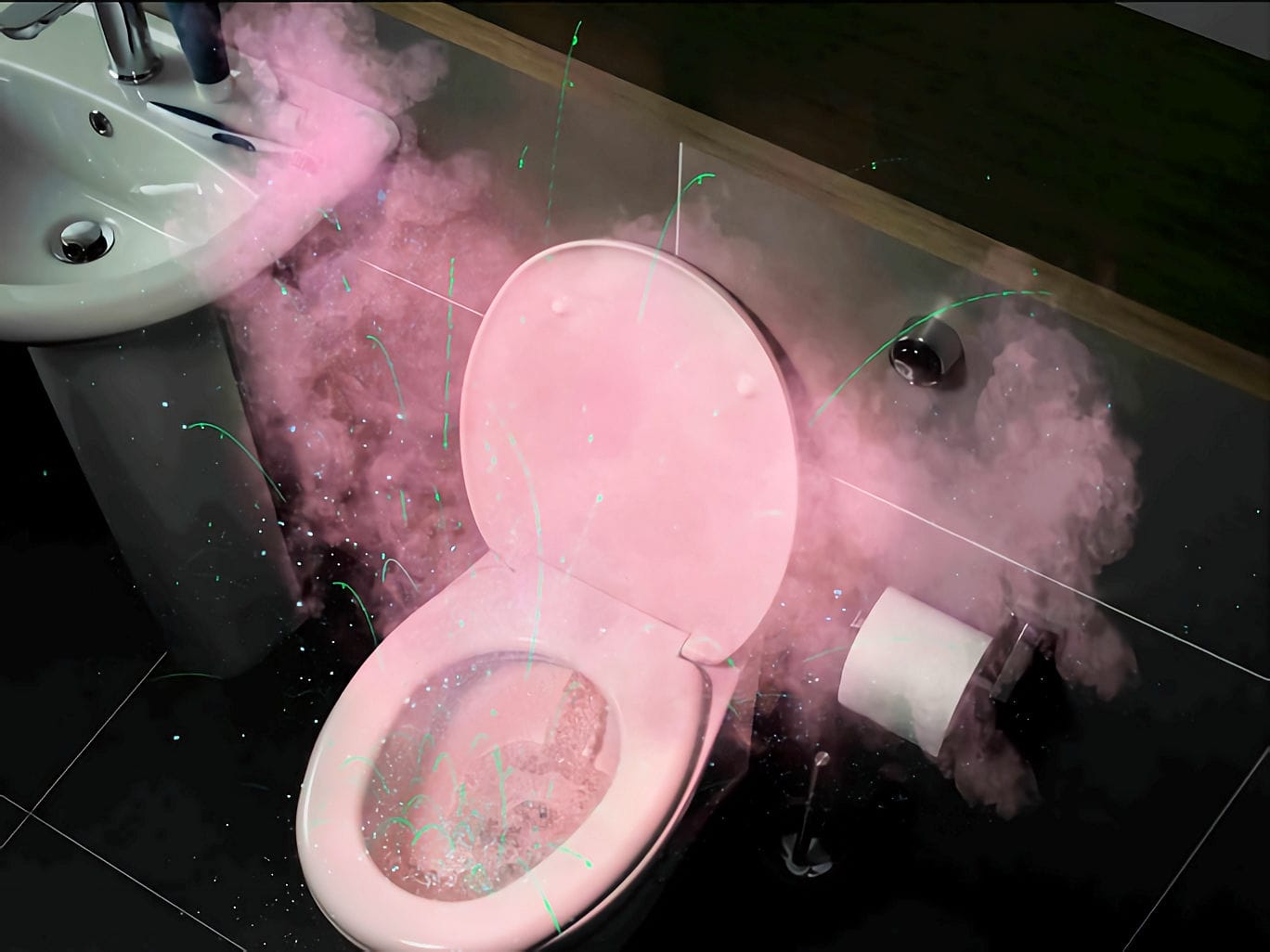
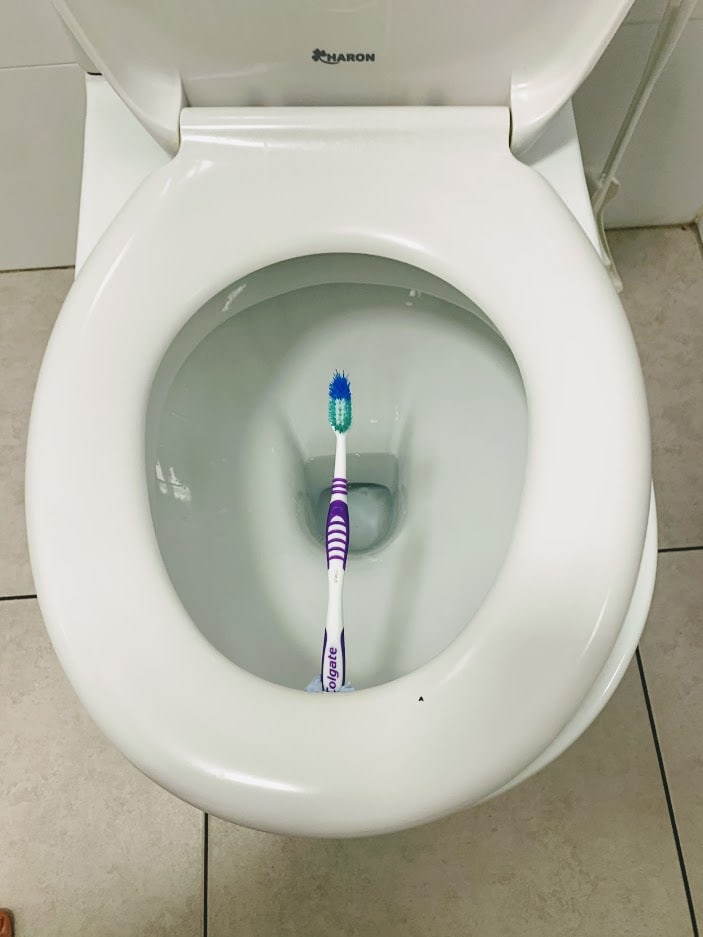


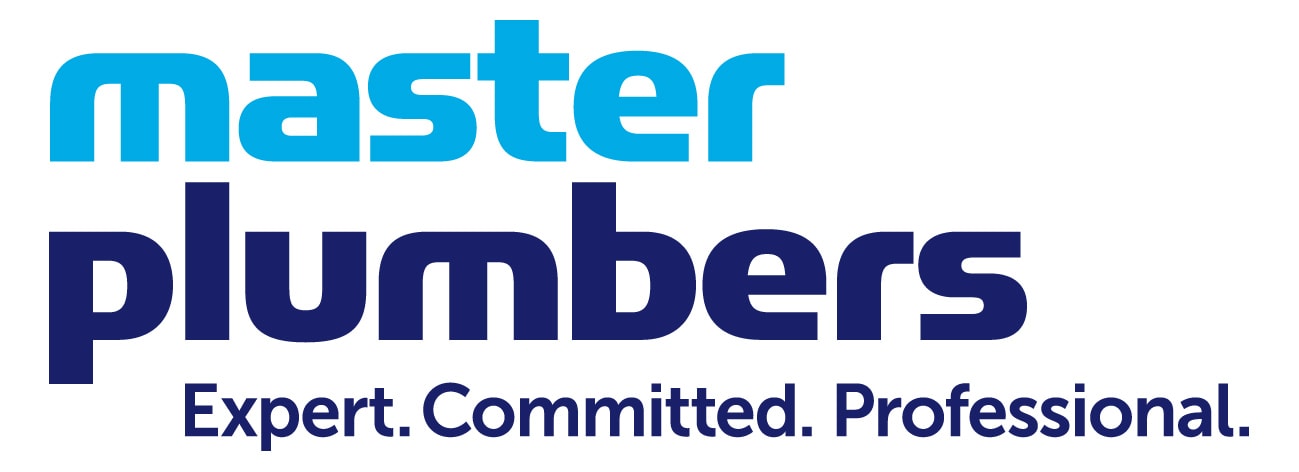




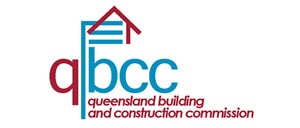
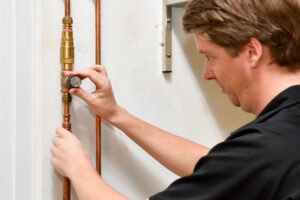 Listed below is unregulated plumbing work that can be performed by an unlicensed plumber in accordance with the
Listed below is unregulated plumbing work that can be performed by an unlicensed plumber in accordance with the 
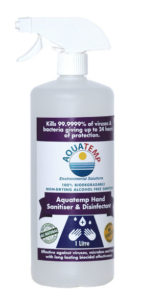 In accordance with the advice provided by the
In accordance with the advice provided by the 
